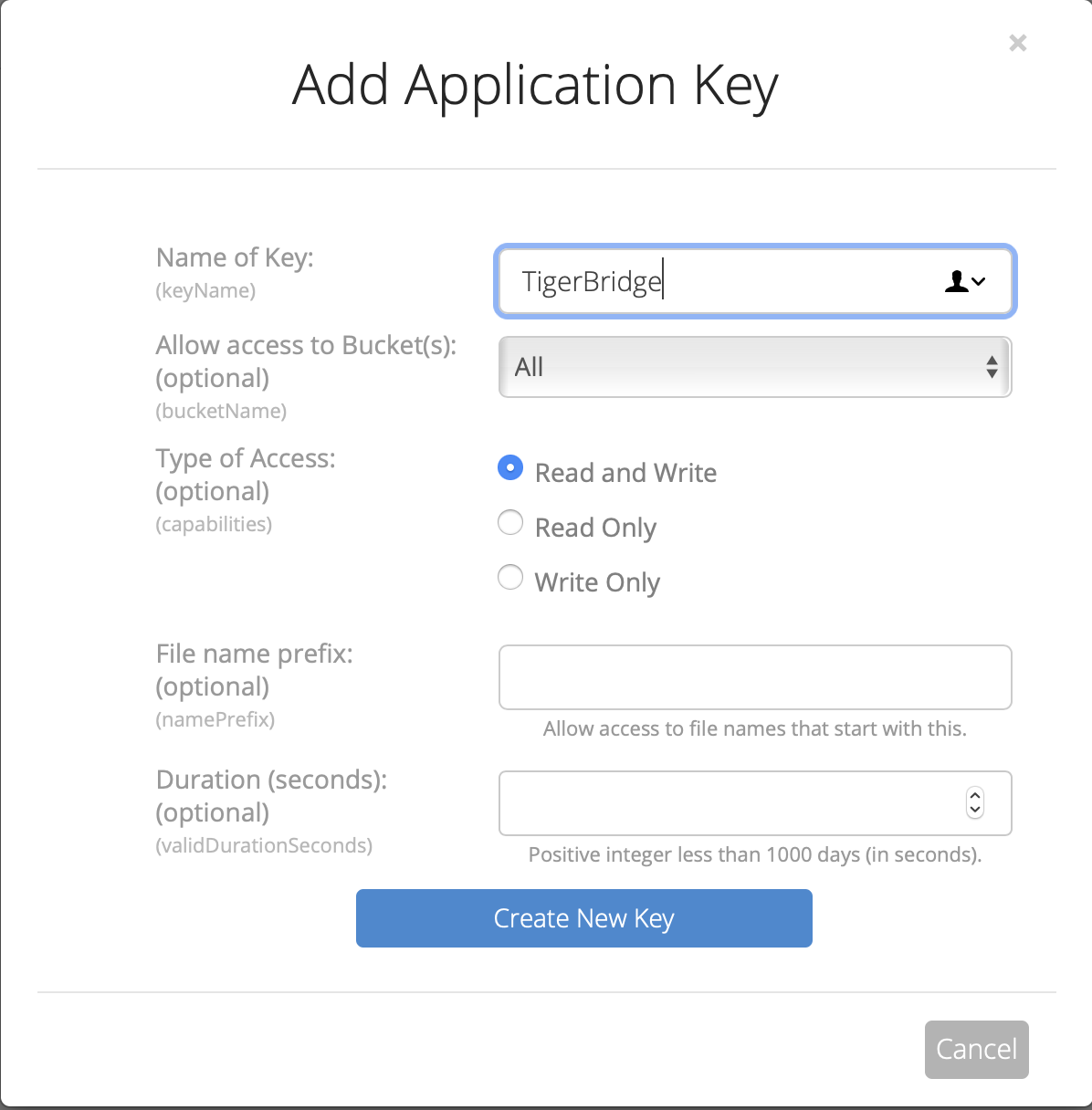

If you have any questions, feel free to browse our Help Articles or reach out to Support. Object Lock users, great news! As of September 2022, you can enable Object Lock on existing Buckets making it far easier to set immutability on all of your data already stored in B2 Cloud Storage-easing your path to enhanced cybersecurity and compliance strategies. Even better, Backblaze does not charge an extra fee for the use of the object lock feature. Immutability is an important part of protecting backups from threats such as ransomware or stolen credentials because it allows you to protect objects from being changed, deleted, manipulated, copied, or encrypted for a specified, user-defined time period. With Backblaze B2 as your cloud tier storage destination in Veeam, you can store your data for $5/TB per month with no minimum retention requirement, tiers, or hidden fees.Īdditionally, Backblaze is certified as Veeam Ready-Object and Veeam Ready-Object with Immutability. With a transparent pricing model that is a fraction of the competitors’ cost, Backblaze B2 Cloud Storage helps you plan your budget effectively and store more than four times the restore points you could otherwise. Use our guide to learn how to safeguard your server data with backups that preserve your information in case of disaster. Incremental replication means that data is copied only when it is modified, saving bandwidth and storage space.There are lots of things to consider when you’re creating a solid server backup strategy. Full replication means that data is copied in its entirety, creating a complete backup. Continuous replication means that data is copied whenever there is a change, providing real-time updates. Scheduled replication means that data is copied at predefined times, such as daily or weekly. Asynchronous replication means that data is copied at intervals, allowing for some lag. Synchronous replication means that data is copied as soon as it is written, ensuring consistency. Bidirectional replication means that data is copied both ways, creating a two-way mirror. One-way replication means that data is copied from a source NAS to a target NAS, but not vice versa. Depending on the configuration, NAS replication can be one-way or bidirectional, synchronous or asynchronous, scheduled or continuous, and full or incremental. NAS replication works by synchronizing the data between two or more NAS devices using a network connection.


 0 kommentar(er)
0 kommentar(er)
